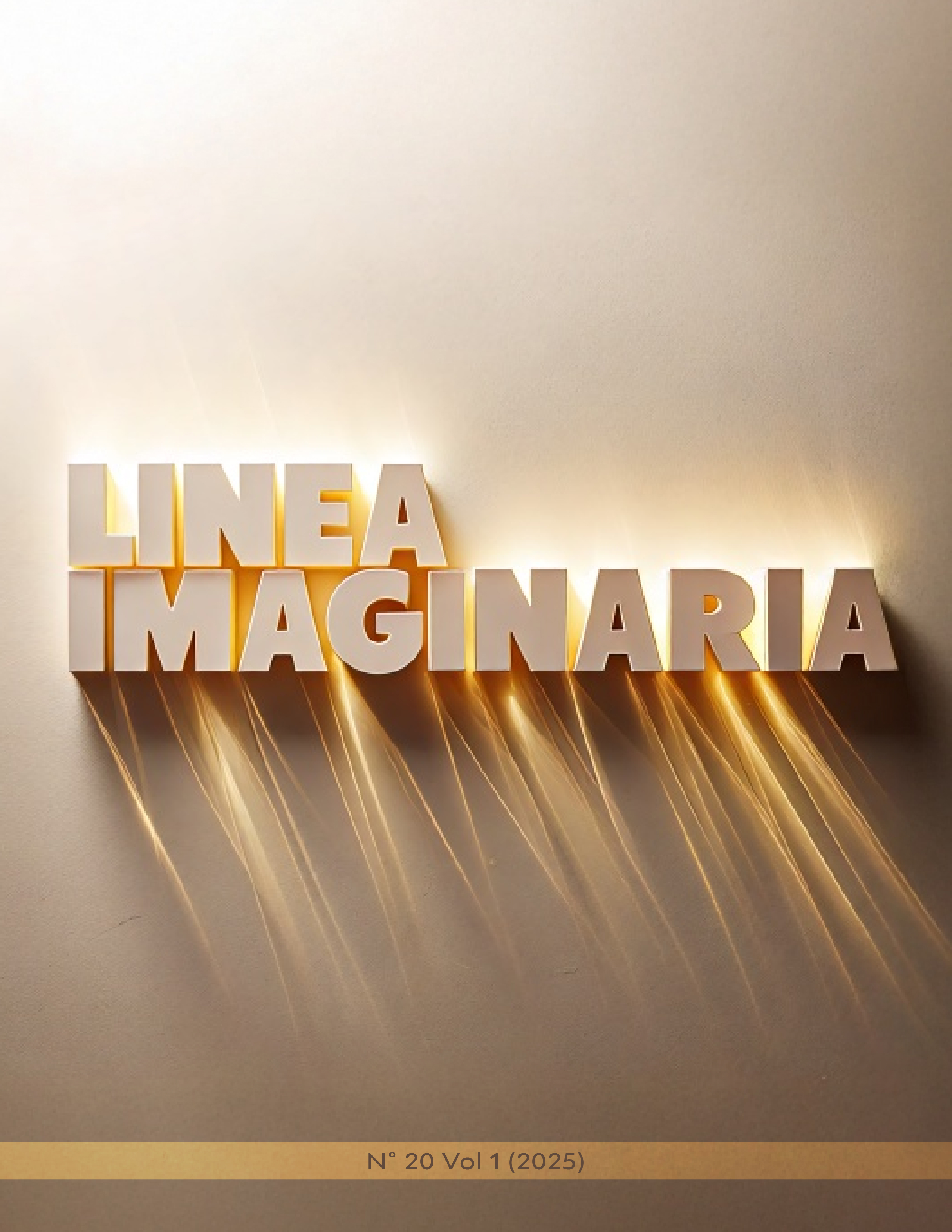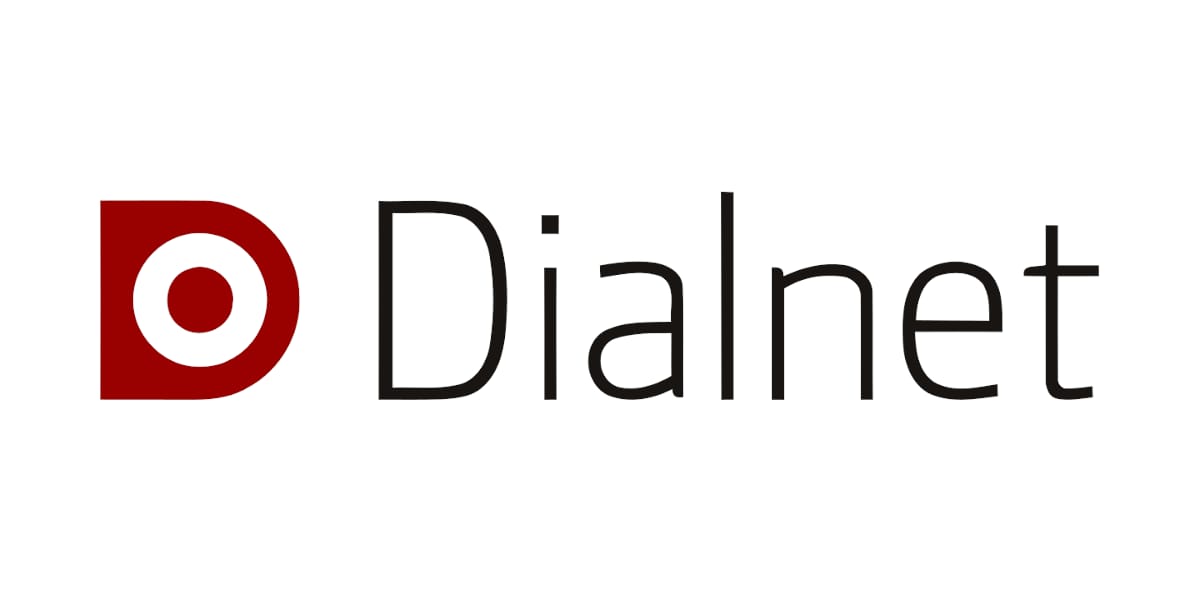CONSTITUTION OF THE IDEA QUALITY IN THE FRAMEWORK OF UNDERSTANDING OF THE SOCIO-TRAINING APPROACH FOR THE DEVELOPMENT OF EDUCATIONAL POLICY
DOI:
https://doi.org/10.56219/lneaimaginaria.v1i20.3727Keywords:
Educational quality, pedagogy, training processesAbstract
The constitution of educational quality within the framework of the socio-formative
approach is presented as a key element for the development of effective and relevant
educational policies. This approach recognizes that education should not only focus on
the transmission of knowledge, but also on the comprehensive training of the individual,
considering their social, cultural and emotional context. For this reason, this article is
framed in the idea of analyzing the constitution of the idea of quality in the framework of
understanding the socio-formative approach for the development of educational policy.
To achieve this goal, a qualitative methodology will be used from an essay-type text. In
this sense, as a result, it is possible to assume that the socio-formative approach implies
a revaluation of the teacher's role as a mediator and facilitator of learning, which requires
continuous training and a commitment to innovative pedagogical practices. Educational
policies developed under this framework must consider strategies that strengthen teacher
training and promote collaborative environments between educators, students and
communities. This not only improves the quality of teaching, but also ensures that
educational institutions are inclusive spaces where diversities are respected and valued.
Downloads
References
Blanco, R. (2008). Eficacia escolar desde el enfoque de calidad de la educación.
Santiago de Chile, Chile: UNESCO/LLECE.
Bolívar, A. (2005). ¿Dónde situar los esfuerzos de mejora?: política educativa, escuela y DOI: https://doi.org/10.1590/S0101-73302005000300008
aula. Educação e Sociedade, 26 (92), 859-888.
Casanova, M. A. (2012). El diseño curricular como factor de calidad educativa. REICE:
Revista Iberoamericana Sobre Calidad, Eficacia y Cambio en Educación, 10 (4),
-20.
Delors, J. (1996). La educación encierra un tesoro. Informe a la UNESCO de la Comisión
Internacional sobre la educación para el siglo XXI. Madrid, España: Santillana.
Egido, I. (2005). Reflexiones en torno a la evaluación de la calidad educativa. Tendencias
pedagógicas, 10, 17-28.
Egido, I. y Haug, G. (2006). La acreditación como mecanismo de garantía de la calidad:
tendencias en el Espacio Europeo de Educación Superior. Revista Española de
Educación Comparada, 12, 81-112.
Granja, J. (1998). Formaciones conceptuales en educación. Ciudad de México, México.
López, A. (2015). El enfoque por competencias. Una perspectiva desde la complejidad
para los sistemas educativos terciarios. Revista Ciencias Humanas, 12, 21-29.
Martínez, J. E., Tobón, S. y Romero, A. (2017). Problemáticas relacionadas con la
acreditación de la calidad de la educación superior en América Latina. Innovación
Educativa, 17 (73), 79-96.
Martínez, J. E., Tobón, S., Zamora, L. y López, E. (2017). Currículo socioformativo: una
propuesta formativa para la sociedad del conocimiento. Falta ciudad, México:
Plaza y Valdés Editores/Sociedad Mexicana de Educación Comparada.
Monarca, H. A. (2012). La influencia de los sistemas nacionales de evaluación en el
desarrollo del currículo. Perfiles Educativos, 34 (135), 164-176.
Navarrete-Cazales, Z. (2017). Una revisión histórica del concepto identidad desde la
perspectiva del Análisis Político de Discurso. Ciudad de México.
OCDE. (2010). Acuerdo de cooperación Colombia-OCDE para mejorar la calidad de la
educación de las escuelas colombianas. Colombia: OCDE.
OCDE. (2017). PISA 2015 Assessment and analytical framework: science, reading,
mathematic, financial literacy and collaborative problem solving. París, France:
OCDE.
Pires, S. y Lemaitre, M. J. (2008). Sistemas de acreditación y evaluación de la educación
superior en América Latina y el Caribe. Caracas, Venezuela: IESALC-UNESCO.
Rodríguez, W. (2010). El concepto de calidad educativa: una mirada crítica desde el
enfoque históricocultural. Actualidades Investigativas en Educación, 10 (1), 1-28.
Tobón, S. (2012). Modelo pedagógico basado en competencias. Medellín, Colombia:
FUNORIE.
Tobón, S. (2013). Formación integral y competencias. Pensamiento complejo, currículo,
didáctica y evaluación. Bogotá, Colombia: Ecoe Ediciones.
Vázquez, M. G. (2015). La calidad de la educación. Reformas educativas y control social
en América Latina. Latinoamérica. Revista de Estudios Latinoamericanos, 60, 93-
World Bank. (2011). Learning for all: investing in people´s knowledge and skills to
promote development. Education strategy 2020. Washington, DC: World Bank.
Zorrilla, M. (2010). Investigación educativa, políticas públicas y práctica docente.
Triángulo de geometría desconocida. REICE: Revista Iberoamericana sobre
Calidad, Eficacia y Cambio en Educación, 8 (2), 74-92.
Downloads
Published
How to Cite
Issue
Section
License
Copyright (c) 2025 LÍNEA IMAGINARIA

This work is licensed under a Creative Commons Attribution-NonCommercial-ShareAlike 4.0 International License.
La revista Línea Imaginaria conserva los derechos patrimoniales (copyright) de las obras publicadas, que favorece y permite la reutilización de los mismos bajo la licencia Creative Commons Atribución-NoComercial-CompartirIgual 4.0 , por lo cual se pueden copiar, usar, difundir, transmitir y exponer públicamente, siempre que se cite la autoría y fuente original de su publicación (revista, editorial, URL y DOI de la obra), no se usen para fines comerciales u onerosos y se mencione la existencia y especificaciones de esta licencia de uso. Si remezcla, transforma o crea a partir del material, debe distribuir su contribución bajo la misma licencia del original.














